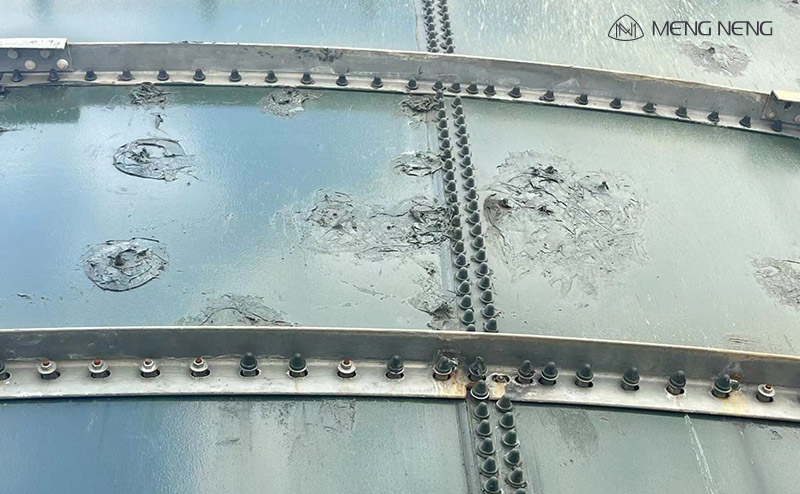The Importance and Application of Corrosion Resistance
Corrosion resistance refers to the ability of materials to resist corrosion and maintain their structure and functionality in specific environments. In many industrial applications, especially in chemical, petroleum, and marine engineering fields, corrosion resistance is an important factor in material selection. The corrosion resistance of coatings not only affects their lifespan but also directly relates to the safety of equipment and structures.

I. Importance of Corrosion Resistance:
Extending Service Life: Corrosion-resistant coatings effectively prevent damage to the substrate surface due to oxidation, acid-base reactions, or chemical reactions, thereby extending the service life of equipment and structures and reducing maintenance costs.
Enhancing Safety: In industries like petroleum and chemicals, corrosion resistance is key to ensuring safe operation of equipment. Corrosion may cause equipment failure or leaks, leading to major safety accidents. Therefore, enhancing the corrosion resistance of coatings can significantly improve equipment safety.
Protecting the Environment: Improving the corrosion resistance of coatings helps reduce environmental pollution caused by leaks of harmful substances during chemical reactions.
II. Factors Affecting the Corrosion Resistance of Coatings:
Environmental Factors: Environmental factors such as temperature, humidity, salt spray, and acid-base concentration directly affect the corrosion resistance of coatings. For instance, coatings need to have excellent resistance to salt corrosion in salt spray environments.
Coating Type: Different types of coatings have varying corrosion resistance properties. For example, epoxy resin coatings and polyurethane coatings offer good corrosion resistance and are commonly used in anti-corrosion fields.
Coating Thickness: The thickness of the coating significantly influences corrosion resistance. Thicker coatings generally provide better protection and can effectively resist the erosion of corrosive media.
III. Methods to Improve Corrosion Resistance of Coatings:
Selecting Suitable Coatings: Choosing the right type of coating is crucial for improving corrosion resistance. Different application scenarios require coatings with different properties, especially in extreme environments.
Controlling Coating Thickness: Controlling the thickness of the coating ensures optimal corrosion protection. A coating that is too thin may not provide sufficient protection, while a coating that is too thick can result in uneven application.
Surface Preparation: The adhesion between the coating and the substrate directly impacts corrosion resistance. Therefore, surface treatment of the substrate before coating is essential, with common methods including sanding and sandblasting.
IV. Conclusion:
Corrosion resistance is a key criterion in the selection and application of coatings. By selecting the appropriate coatings, controlling coating thickness, and performing proper surface treatments, the corrosion resistance of coatings can be significantly improved, thereby extending the service life of equipment and enhancing safety.